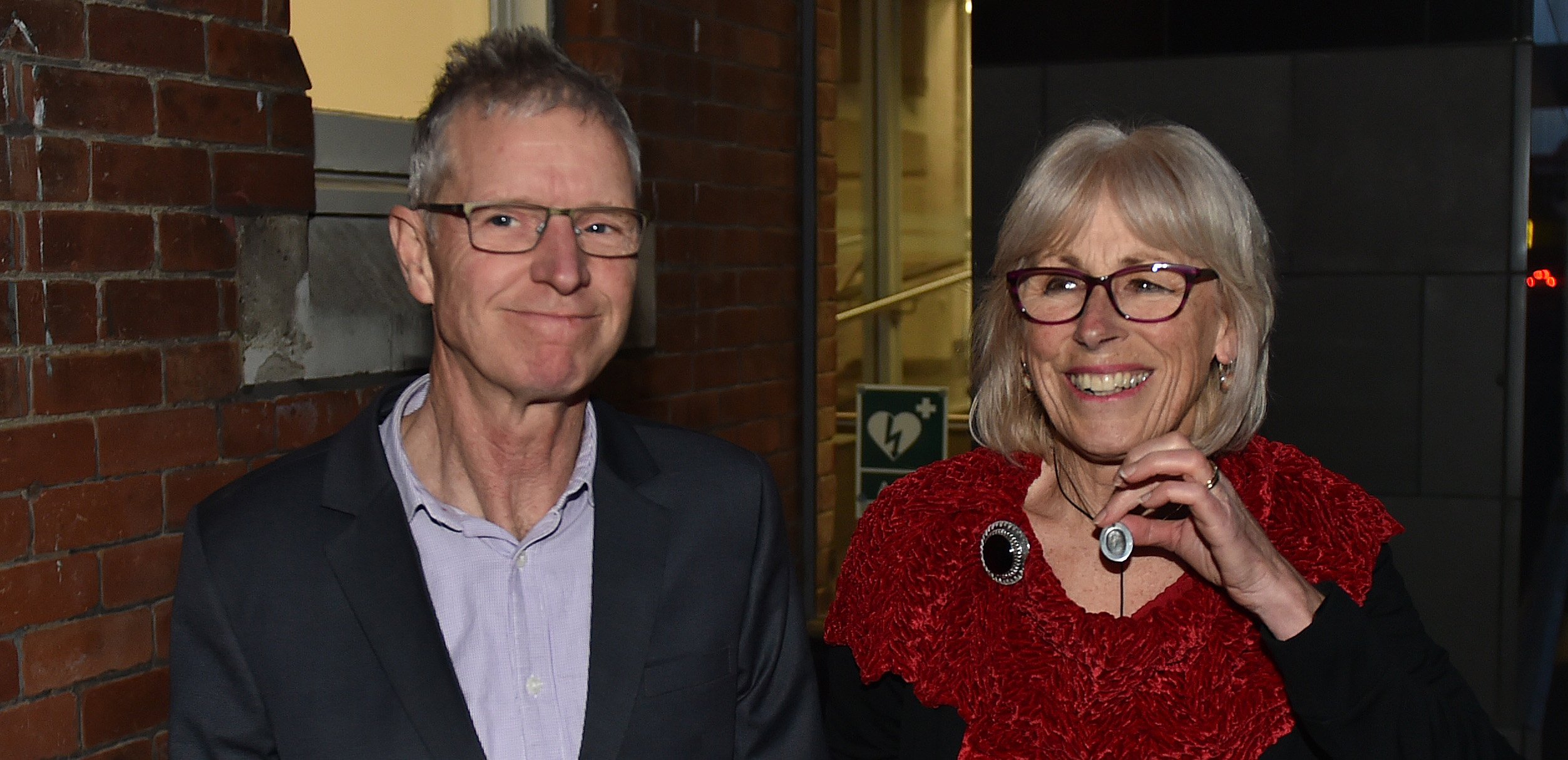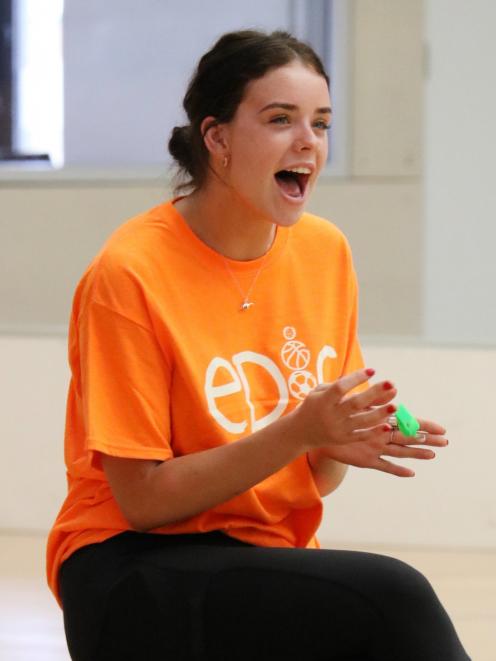Coroner Heather McKenzie’s inquest into the 19-year-old’s death concluded yesterday in Dunedin.
Miss Crestani died in a stairwell pile-up in 2019 at a flat party dubbed "Maggot Fest" which 400 people were invited to via Facebook.

Ms McKenzie said in her closing remarks that Miss Crestani’s parents were not "normal people" as they previously described themselves.
"You’ve handled a full-on week remarkably," she said.
"It’s intellectually taxing but also of course emotionally draining."
She said at times the evidence was "desperately heartfelt".
"A theme of the students who came to give evidence was they wanted to do right by Sophia."
She acknowledged Mr Crestani and Ms McMillan’s work on the Sophia Charter — a shared commitment to creating a safer drinking environment in the student quarter.
"It could’ve been really easy to feel helpless ... in terms of what you could do in the face of such tragedy," Ms McKenzie said.
Counsel for police Richard Smith acknowledged the way Miss Crestani’s family conducted themselves during the hearing.
"It goes without saying that the family have suffered a cruel loss which would be unimaginable to most," Mr Smith said.
"They’ve shown an enduring commitment and determination."

"What is clear is that all of those involved now have the same goals."
Ms McMillan said her daughter’s light continued to shine bright.
"It is very sad that Sophia had to be the sacrificial lamb to open everyone’s eyes," she said.
"We are now able to let her rest in peace."
Mr Crestani explained he was wearing his daughter’s shoes for parts of the inquest, and Ms McMillan wore a necklace with her daughter’s fingerprint.
He thanked people at the inquest for their dedication to Miss Crestani.
"We have faith in the justice system because of what you have brought together," he said.

"We wanted to represent ourselves. It’s our daughter — we want to look after her the best way we possibly can," he said.
Last week, Mr Crestani said the inquest had been "a long time coming".
"It has taken a long time and this week we’ve understood that it’s been a good long time," he said yesterday.
"We can now see the depth of thinking that’s gone into this."
Earlier in the day, the court heard from Otago University Students’ Association chief executive Debbie Downs, Inspector Ian Paulin and head of student services Claire Gallop, who all agreed student bars in north Dunedin would help to ease the carnage at flat parties.
"It’s an incredibly complicated problem that everyone is still committed to trying to do their best on," Ms Gallop said.
Insp Paulin explained that after student bars closed down, named flats turned into "de facto night clubs".
He said Miss Crestani’s death caused "a gigantic shift" in police mindset.
They realised "actually there’s a new way of doing this; there’s a better way of doing this".
Ms Downs said the OUSA ran events to provide an alternative to street and flat parties.
She said opening a student bar was a "prime priority" for the organisation, but one venue would be unlikely to solve the problem.
A student bar was open the night Miss Crestani died, but people still attended "The Manor" flat party instead.
It will be months before Ms McKenzie delivers her final judgement, which will make recommendations about how similar deaths could be prevented.









